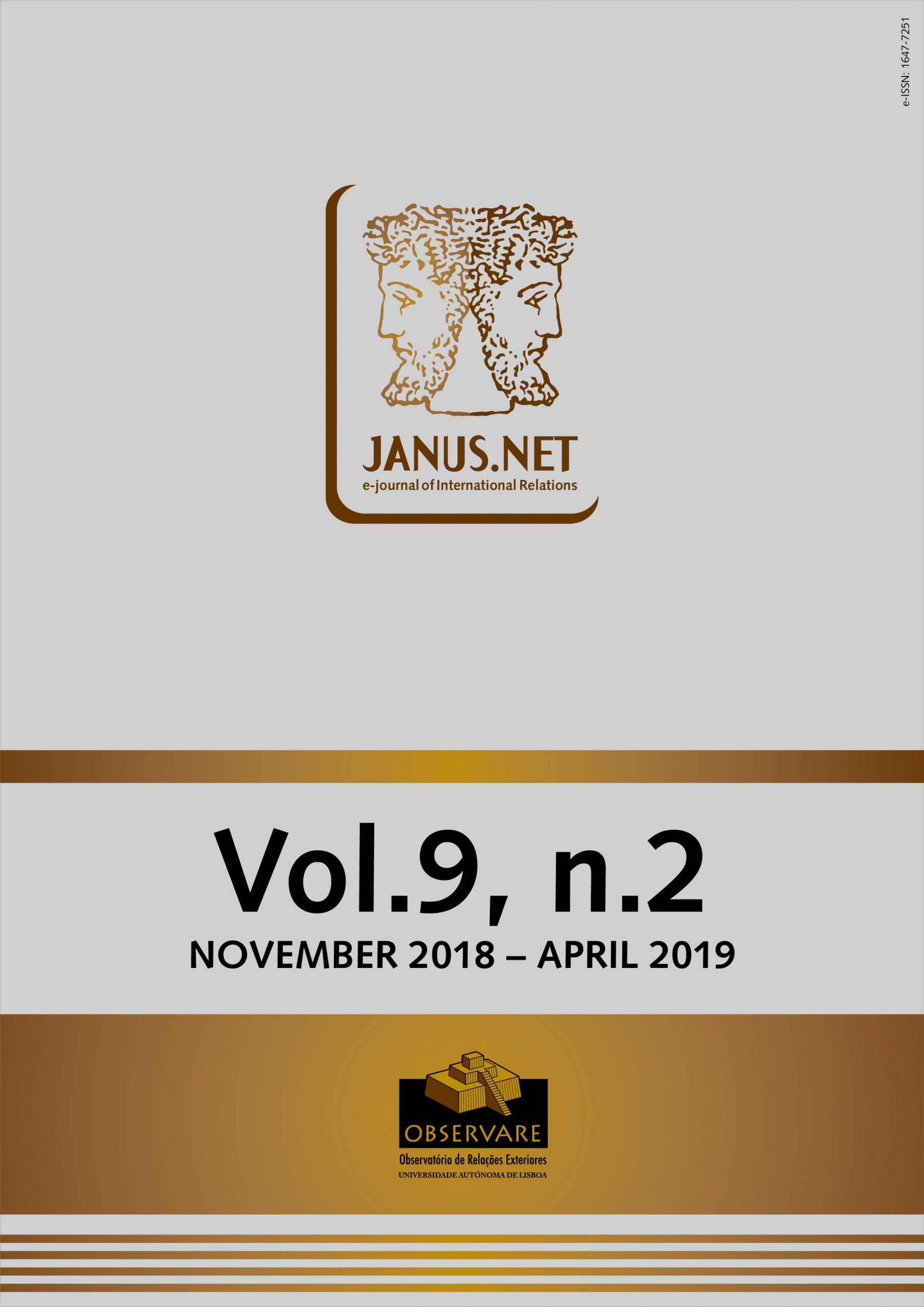The present article aims to unveil the importance of the indigenous animist religious system within Guinea Bissau political culture. By analysing the contrast between the inherent legitimation of State authority and local-traditional ones it is discerned the type of political culture shared by Guinean people. Taking into account the exacerbation of public responsiveness to symbols manipulation when levels of human security are felt lower by individuals, I discuss the importance of religious symbolic capital inherent in Guinea Bissau national leaders’ politics, pinpointing the case of José Bernardino “Nino” Vieira. These practices enable State authorities to legitimize their authority, to overcome the ethnical heterogeneity impasse and to compensate for loose relationships between the government and the citizens. Finally, I discuss the manipulation of the religious dimension for political ends as a milestone of the process of africanization of power, due to religious and political syncretism typical of traditional African political systems, on the one hand. On the other hand, I question how myths worshipping the national leaders might foster the breakthrough of an authoritarian political regime.
TRADITIONAL RELIGION IN GUINEA BISSAU POLITICAL CULTURE
»
PhD candidate in Political Science at Instituto Superior de Ciências Sociais e Políticas (ISCSP, Portugal), University of Lisbon; Master in African Studies, ISCSP, University of Lisbon; Master in International Politics and Diplomacy, University of Padua; collaborating researcher at Centro de Estudos Africanos (CEAF) of ISCSP, University of Lisbon.
Resumo
O presente artigo tem por objetivo examinar a importância do sistema religioso animista indígena na cultura política da Guiné-Bissau. A análise do contraste entre a legitimação inerente da autoridade do Estado e as autoridades tradicionais locais permite entender o tipo de cultura política partilhada do povo guineense. Tendo em conta a exacerbação da capacidade de resposta pública à manipulação de símbolos quando os indivíduos sentem que os níveis de segurança humana se encontram mais baixos, neste artigo aborda-se a importância do capital simbólico religioso inerente à política dos líderes nacionais da Guiné-Bissau, dando como exemplo o caso de José Bernardino “Nino” Vieira. Estas práticas permitem às autoridades estatais legitimar a sua autoridade, ultrapassar o impasse da heterogeneidade étnica e compensar as relações frouxas entre o governo e os cidadãos. Finalmente, examina-se a manipulação da dimensão religiosa para fins políticos como um marco do processo de africanização do poder, devido ao sincretismo religioso e político típico dos sistemas políticos tradicionais africanos, e a forma como os mitos sobre os idolatrados líderes nacionais podem fomentar o avanço de um regime político autoritário.
Palavras-chave
Como citar este artigo
Favarato, Claudia (2018). “Traditional religion in Guinea Bissau political culture”. JANUS.NET e-journal of International Relations, Vol. 9, N.º 2, November 2018-April 2019. Consulted [online] on the date of the last visit, https://doi.org/10.26619/1647-7251.9.2.7
Article received on 21 December, 2017 and accepted for publication on 1 July, 2018















